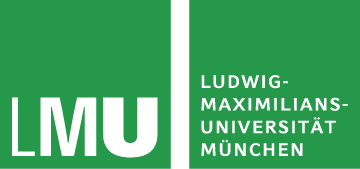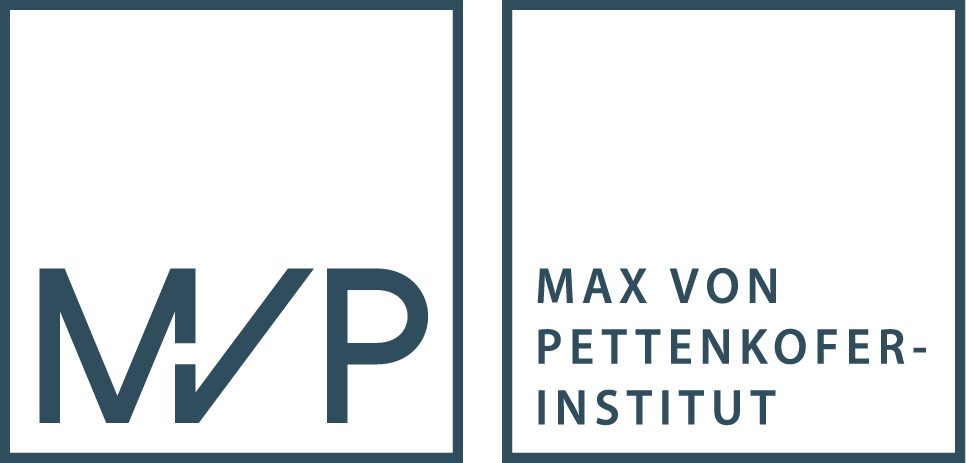Laboratory-based infection diagnostics has been an integral part of patient care for almost 100 years. Only through quality-assured detection can pathogens be identified early and reliably and appropriate therapies initiated. The diagnostic laboratories at the Max von Pettenkofer Institute of the LMU primarily serve the LMU Klinikum as the second largest University Hospital in Germany with a variety of tests in the fields of medical microbiology and hospital hygiene as well as virology. Our range of services includes direct pathogen detection by microscopy, culturing, antigen testing or PCR as well as indirect serological pathogen detection by identification of pathogen-specific antibodies. State-of-the-art methods such as mass spectrometry or next generation sequencing are also used. In addition to diagnosis, long-term therapeutic success can often only be ensured by close pathogen monitoring, including appropriate resistance analysis. Modern infection diagnostics also allow increasingly selective and personalized therapies, for example through pathogen subtyping or the detection of resistance, e.g. to antibiotics or therapeutic monoclonal antibodies. As part of the Antibiotic Stewardship Team at the LMU Hospital, clinical-infectiological consultations on rational diagnostics and therapy are just as much a part of our range of tasks as ward rounds and clinical case discussions.
The two National Reference Centers for Helicobacter pylori and for retroviruses, which are located at the Max von Pettenkofer Institute, offer special diagnostics and consultation for laboratories and clinical colleagues as well as the public health service nationwide for these highly relevant pathogens. Our complete range of diagnostic services is subject to continuous quality control, is regularly audited by independent bodies and is accredited by the German Accreditation Body (DAkkS) according to DIN EN ISO 15189 and DIN EN ISO 17025.

